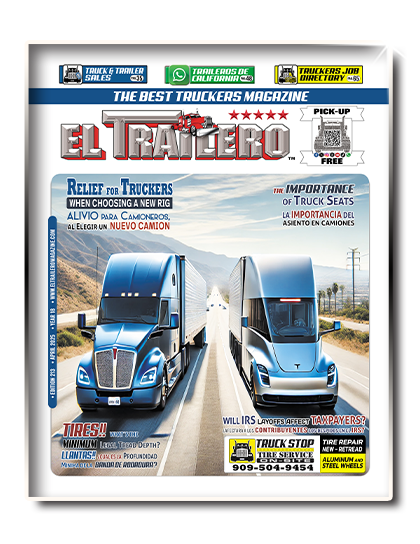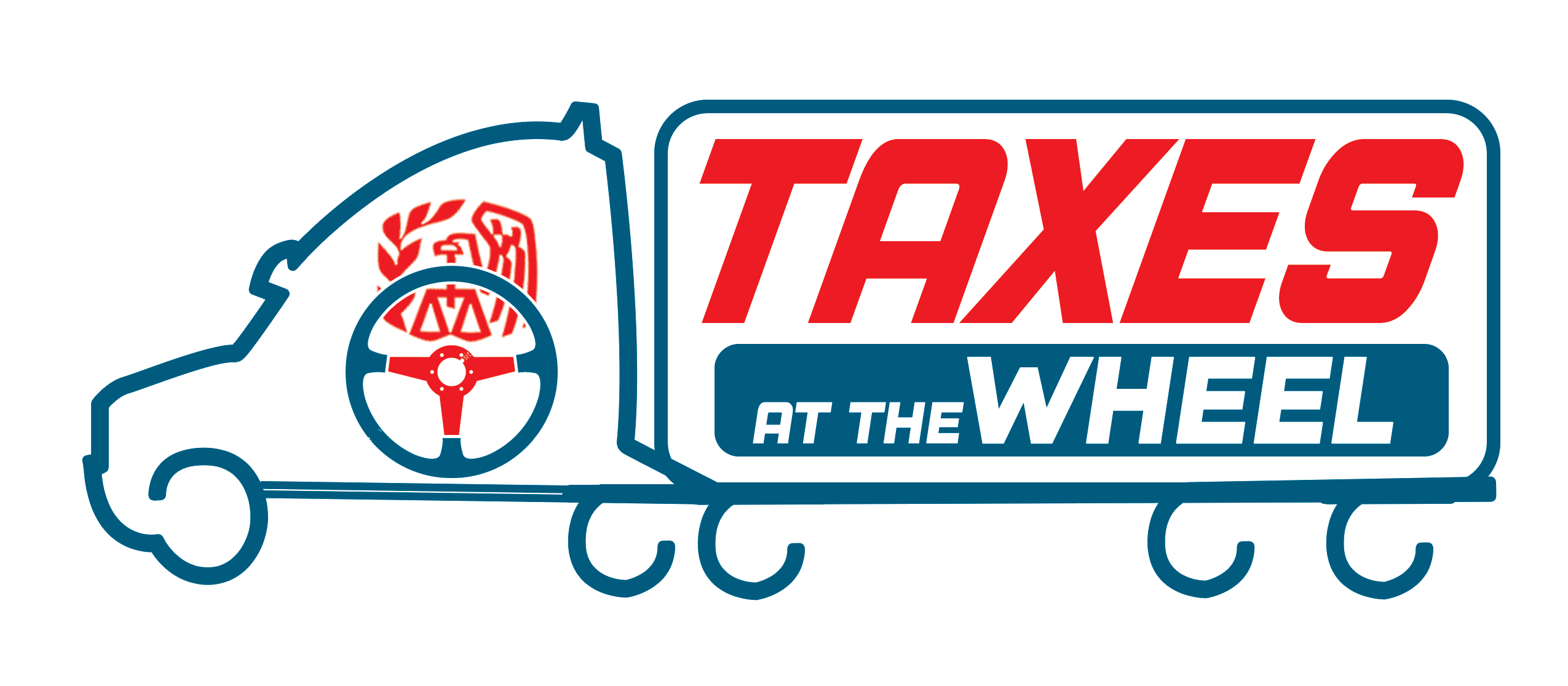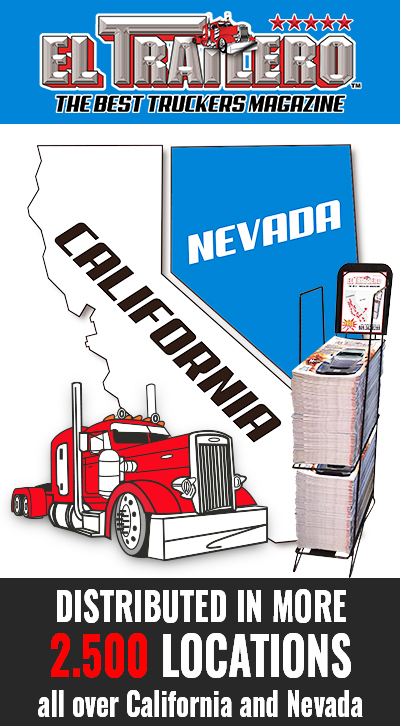 |
|
 |
Get our FREE |


Although April 15 marked the official end of tax season, truck drivers can still make strategic decisions to keep their finances on track throughout the rest of the year. If you work as an independent contractor or own your own truck, this guide is for you.
Missed the Deadline? Act Now.
If you didn´t file your 2024 tax return or missed your first estimated tax payment for 2025, it´s critical to act immediately. Penalties can reach up to 25% of the total amount owed, plus interest. File your return as soon as possible, even if you can´t pay the full amount, and consider applying for a payment plan using IRS Form 9465.
Key Dates for Your Estimated Tax Payments
You still have time to catch up. The next estimated payment deadlines are:
Make sure to account for your self-employment income (typically reported on 1099 forms).
Don´t Miss Out on Deductions
Every expense related to your trucking activity counts: fuel, maintenance, insurance, tolls, leasing, and per diem expenses (up to $69 per day in 2025).
Tools like Trucker Tools or Keeper Tax can help you automatically track your expenses.
If you own your truck, you may also be eligible to depreciate it to lower your tax liability, using Section 179 or the MACRS system.
Important: Carefully document the percentage of business use, as audits are common in the transportation sector.
Adjust Your Strategy Mid-Year
Have your earnings changed? Mid-year is a good time to recalculate your estimated payments to avoid underpayment penalties.
If you´re earning more, increase your payments. If business has slowed, you can legally lower them.
Don´t Forget the Heavy Vehicle Use Tax
If your truck weighs over 55,000 pounds, you must file IRS Form 2290 by August 31, 2025.
This tax is required to renew your registration and typically ranges from $100 to $550. Filing online can expedite the process.
Final Tip: Save for Your Taxes
Ideally, set aside 25% to 30% of your net income in a dedicated tax savings account.
This will help you avoid any nasty surprises come April 2026.
And if the process feels overwhelming, partnering with transportation tax experts like Jagg Tax Solution, Inc. can make all the difference.
For years, federal Hours of Service (HOS) regulations have been viewed as a key tool for reducing commercial truck crash...
read more...Although low libido is often associated with age or medical issues, it is increasingly affecting young truck drivers&mda...
read more...The political conflict between U.S. Transportation Secretary Sean Duffy and California Governor Gavin Newsom escalated o...
read more...California’s push for its controversial “clean truck” regulations has just taken a devastating blow. A...
read more...

